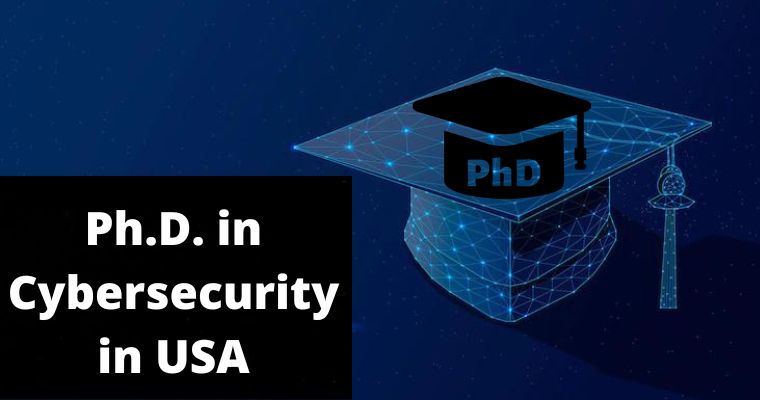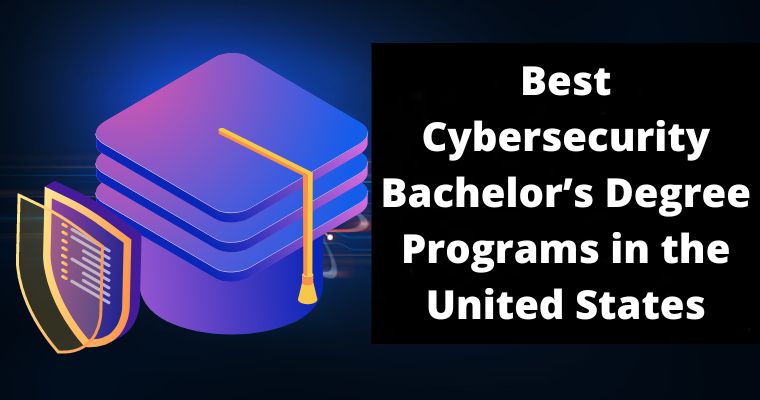The University of Washington Tacoma’s Master of Cybersecurity & Leadership (MCL) programme produces executives who can skillfully evaluate and implement cyber security strategies for a business.
It is intended for defence and civilian people with engineering experience and relevant qualifications. With a master’s degree in cybersecurity, you’ll have better technical and leadership capabilities to help you grow in your profession.
Table of Contents
Course overview of University of Washington Tacoma
The master of cybersecurity and leadership is a joint program offered by the school of engineering and technology in association with the Milgard school of business. The MCL is a 40-credit-hour non-thesis programme.
It contains a technical curriculum aimed at helping students grasp the fundamentals of cybersecurity systems, such as how they work.
To create a balance between technical management and organisational leadership, a behaviorally-oriented curriculum focusing on the management of technical experts has been implemented.
There are a total of 8 courses in the master’s programme, each worth 5 credit hours. The Spring quarter marks the beginning of the new session. The School of Engineering will provide instruction for one subject.
The Milgard School of Business will teach & Technology and other subjects. Courses like this lay the groundwork for students to finish their degree programmes with capstone projects.
Courses layout
This course focuses on improving students’ knowledge of the challenges of maintaining a safe network environment by studying information security concerns.
It equips students with the essential information and skills to design and sustain acceptable security procedures and controls in a company’s network.
Business Essentials
Learn the essential business ideas, skills, and methods you’ll need to thrive in today’s fast-paced, highly competitive business world.
It teaches students a wide range of business topics, including communication, marketing, accounting, and finance.
Principles of Cybersecurity
This course explores ideas, components, strategies, and skills linked to the information assurance life cycle, including policies, procedures, methods, distribution, and validation, which assure the security, authenticity, and accessibility of information and systems.
Project Management
The course covers the IT product development and service delivery processes, as well as good management concepts for projects that are on a budget and on time and fulfil the demands of end-users (high quality of service).
Information Assurance, Risk Management, and Security
Strategies
Students will get a thorough understanding of risk management principles, procedures, and skills in the context of information assurance.
An examination of the risk management process using various structured techniques that aid in the formulation of information assurance decisions.
Leadership and Team Dynamics
This course’s goal is to help you become a better leader and manager. The program consists of theoretical instruction and practice to improve your ability to analyse and evaluate group, individual, and network dynamics.
Cybersecurity Management
This course uses and integrates information assurance principles, procedures, and abilities to address practitioner-experience case studies and analyse the effect of policies in developing a proper information assurance programme.
Strategic Organization Change
To help students become successful change agents in the digital era, this course explores the many approaches to aligning an organisation’s strategy with the current environment and bringing about and managing transformation.
The course covers a wide range of concepts, methods, and strategies to help students better understand change mechanics and how successful cyber leaders and change agents can instigate, implement, and manage change.
Admission details and requirements
Programme fee:
Your total programme will cost $19,968. Per course, the fee is $2,496 with a little Tech Fee of $40. Two courses on a quarterly basis will shed you $4,992.
Admission due date: For the session of 2021-22, the application deadline is set as April 15th as the Final deadline.
Application procedure:
To apply to the University of Washington’s Graduate School, go to: http://grad.uw.edu/.
The application cost must be paid with a credit or debit card (or electronic check drawn on a U.S. bank account).
The UW Graduate School processes applications for admission to the UW Tacoma Master of Cybersecurity and Leadership programme.
Submit the UW Graduate School Online Application and pay the $75 application fee with a credit card using a web-based service. You will be unable to make any changes once the charge has been submitted.
Filling out another application on this page will be the next step. The MCL application is a part of the UW Graduate School Application. With this, candidates can provide more details about their educational and professional backgrounds.
Documents to be submitted at the time of application
Applicants will have to submit their current resumes at the time of application submission.
Applicants will also have to Upload one transcript from each post-secondary school they have attended.
Certificate or related documents showing proof of Coding Language & Networking Skills.
Graduate Record Exam (GRE) results will also be asked at the application submission time. Only tests taken within the past five years are eligible. Use code 4854 to ask ETS to transmit your results directly to the University of Washington.
Eligibility Criteria for admission
- A minimum GPA of 3.0 from an accredited institution is required for applicants.
- It is not necessary to have a degree in computer science or information technology to apply; nevertheless, those who can show an understanding of computer network technologies and programming languages are favoured.
- Documentation is at least one of the following categories that can be used to prove advanced networking expertise:
- Education- Certificate or a degree in a basic or advanced course in networking.
- Experience statement or a certificate of demonstrating Professional Experience and/or Certification, e.g., (1 year)) and/or network certification.
- Documentation is at least one of the following categories can be used to prove advanced programming expertise:
- Education: Certificate of a degree in Intro to programming courses like Java, C#, C++, or C
- Documents demonstrating Relevant work experience in programming


